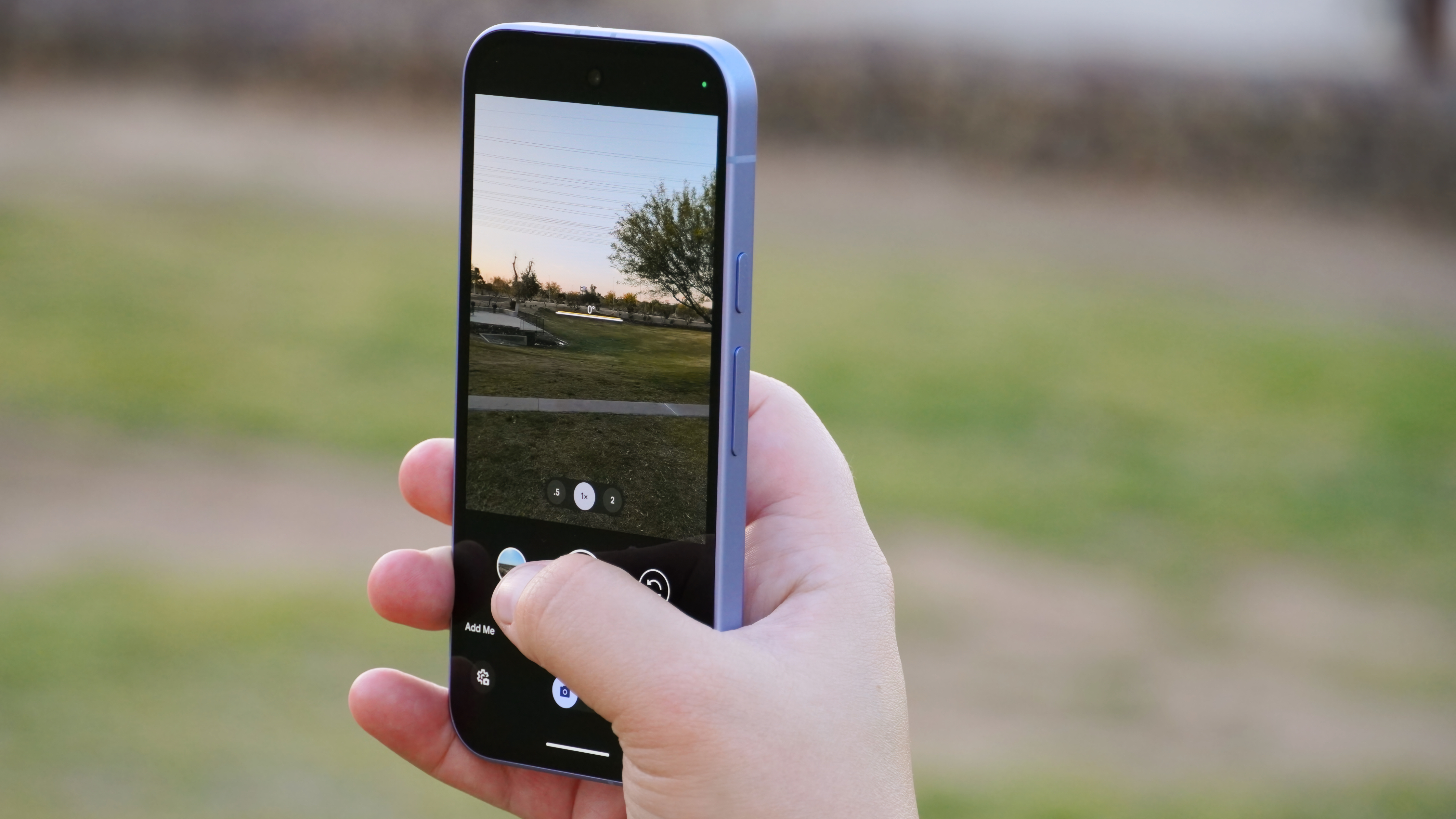Your unlimited plan is probably ripping you off: How much data Americans actually use
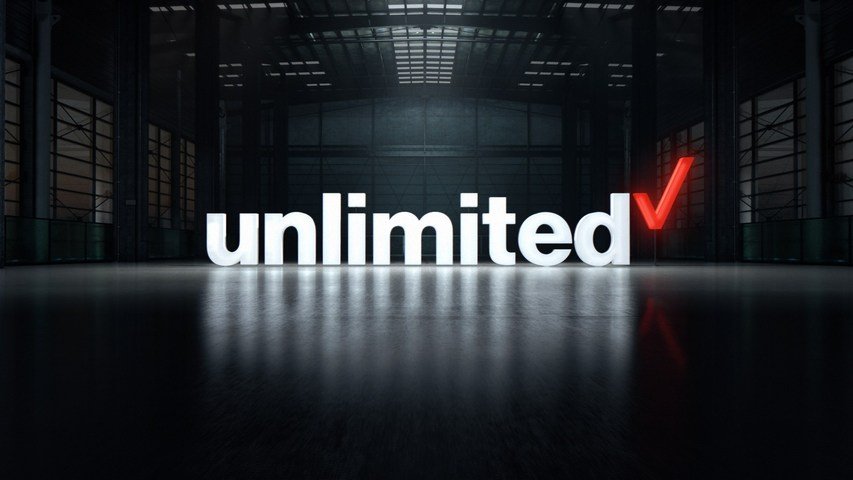
Get the latest news from Android Central, your trusted companion in the world of Android
You are now subscribed
Your newsletter sign-up was successful
All four major U.S. carriers once again have an unlimited LTE data plan. For some of us, this is great news: The folks who use upwards of 10GB of data on a line they pay for themselves found plenty of creative ways to hold on to older unlimited data plans, and sometimes that could be a hassle. Now they are available with a click of the mouse.
Unlimited plans coming back are a direct result of tough competition in the industry.
This wasn't unexpected, really. Companies like T-Mobile and StraightTalk made people notice the cost vs. value proposition of a cell phone data plan. AT&T and Verizon enjoyed a consumer mindset that they offered something superior when for many, alternatives could be just as good. When people started to take notice of that, it was time for a small shake-up.
People who will utilize an unlimited data plan and get their money's worth are outliers. Everyone can have a month where they are traveling or otherwise away from Wi-Fi and use a good chunk of data, but when you look at the numbers telling how much data is used per person on average, you see that most people would be better served with a cheaper plan that offers a capped data allotment.
The numbers back this up. According to a late-2018 survey in 2018, the average amount of data used per person per month was about 6 GB if they had an unlimited data plan. That's up about 2.5 GB from a similar survey done in 2015, but still well within the range of cheaper limited data plans offered by wireless carriers. During the same time period, customers who didn't choose an unlimited plan used 1.6 GB per month on average.
The numbers vary a good bit when you break them down by carrier. Verizon customers used only 3.98 GB per month on average, AT&T users check in at 4.06 GB per month on average, Sprint users average 5.4 GB per month and T-Mobile users come in at 5.78 GB. These are totals for all subscribers, not just those with unlimited data plans.
Why this is important
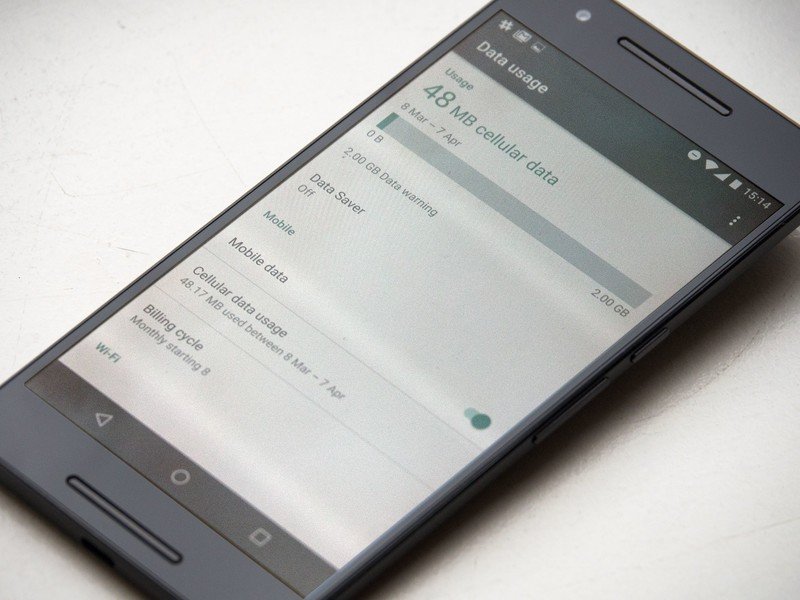
These are average numbers. That means that some people will be wildly outside the average on both ends: You might use 100GB of data per month but someone who uses 0.1GB per month offsets your input towards the average. An average can't predict the highest amounts of data being used (or the lowest) but it is a great way to determine how much data the average person uses each month. There's a lot of ways this data can be used and of course multiple ways it can be interpreted. For example, the average data a customer with access to an unlimited data plan uses isn't dramatically different from the amount someone without access to unlimited data is using.
Americans use about 15 GB per month if you factor in Wi-Fi usage.
This means that the average person, regardless of network, doesn't need to pay for an expensive unlimited data plan. Unlimited plans are hypefests that get everyone talking about something as mundane and boring as a cellular provider. The hope is that you'll decide you need to sign up for one even though you don't need one. Sure, you might use a little more each month knowing that you have an unlimited plan, but generally, people who weren't using a large amount of data before aren't going to be using a lot of data after they switch. Old habits and all that.
Get the latest news from Android Central, your trusted companion in the world of Android
None of this matters to the phone company. It has one goal: to make money. That's how business work. Every decision, every promotion, every marketing campaign and everything else is a way to try and make more money. A company won't be around for long if they aren't trying to bank a profit. And sometimes, how that profit can be shown on a quarterly earnings report matters as much as the amount that goes into the bank.
The ARPU
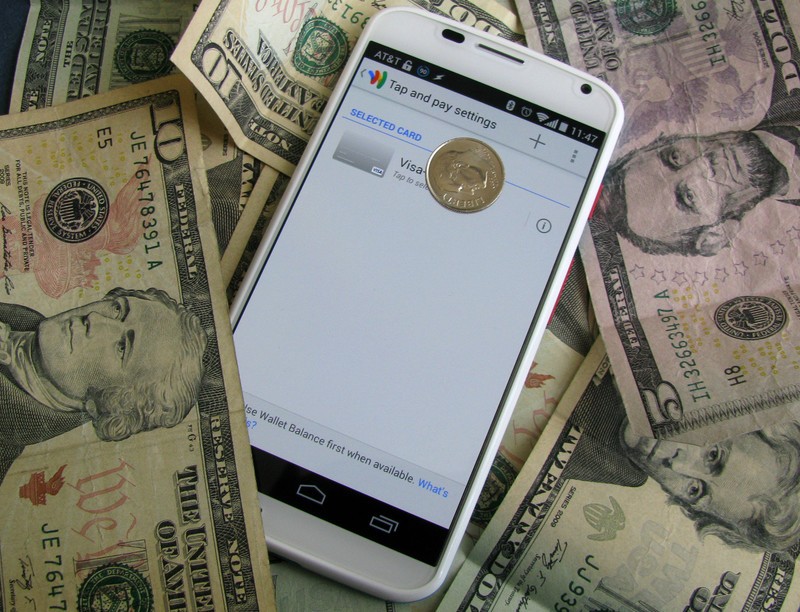
ARPU (Average Revenue Per Unit or User) is the total revenue coming in from the service divided by the number of subscribers. It's also a pretty big deal in shareholder's reports and earning's calls.
ARPU is a number that translates into the amount of money a single line of service brings in over a set time. There can be a monthly ARPU or quarterly or yearly. This number includes all the money you pay to your carrier minus tax and regulatory fees. That means things like extras you may be paying for (international calling or live TV for mobile devices) are included as well as your normal contract or monthly price. The ARPU is an easy way for a company to track its income and growth over time, and each customer who pays for an expensive unlimited data plan brings this average up in a way that's statistically significant.
There is more than one way to count money.
Your carrier wants you to be excited about, and ultimately sign up for, an unlimited data plan because of how it affects the bottom line as well as how much.
Another way your phone company looks at their finances is with an eye towards profit instead of just income. The profit from a customer can be more important than the overall income generated from one. A company can be healthy and profitable even with a low customer count, or vice versa. We see this in action when companies give earnings results.
Income and profit are always two different numbers.
Consider a hypothetical that's not too far removed from actuality. T-Mobile keeps pulling more and more customers away from Verizon. But Verizon is making more money and has a higher value. That means Verizon is making more profit per customer than T-Mobile.
Calculating profit is pretty simple. The service an account uses is tallied then compared to the amount of income that account generates each month. If you sign up for an unlimited data plan and still only use 3-5GB of data per month, you help improve profit margins. All accounts are profitable, but some will be more profitable than others.
Don't hate the players
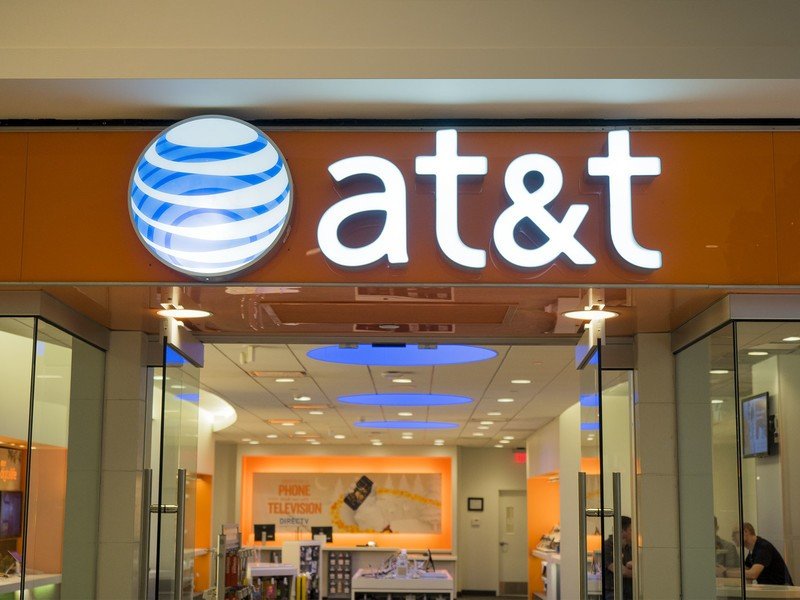
We're not trying to say your carrier is bad or unethical here. This is just how business works when it comes to a service provider.
Your phone company is supposed to make money if everyone is doing their job.
They need to offer you something that you feel is worth the monthly cost. If that means an unlimited data plan sounds like a good idea to you, one is available for you. With the U.S. telco market becoming more and more competitive it was a given that all companies would offer a fixed service that included unlimited data for a fixed cost. Users who needed such a plan would sign on and help improve that income per customer metric and users who didn't need an unlimited plan but signed up for other reasons helped improve the profit per user metric. This is how smart business works and the people in charge at your carrier are smart business persons. It's great that carriers now offer unlimited data plans for people who need them. It's also great if you can save money and not sign up for one if you don't.
The one thing to take away here is to ask yourself how much data you need every month. No one answer fits everyone, but there is an answer that fits you. Compare how much you need to how much you're paying for, and then check out what's available. A final metric that's harder to measure is how happy a customer is because happy customers are loyal customers. Make sure you're using a service that works best for you and makes you be that happy customer.

Jerry is an amateur woodworker and struggling shade tree mechanic. There's nothing he can't take apart, but many things he can't reassemble. You'll find him writing and speaking his loud opinion on Android Central and occasionally on Threads.
